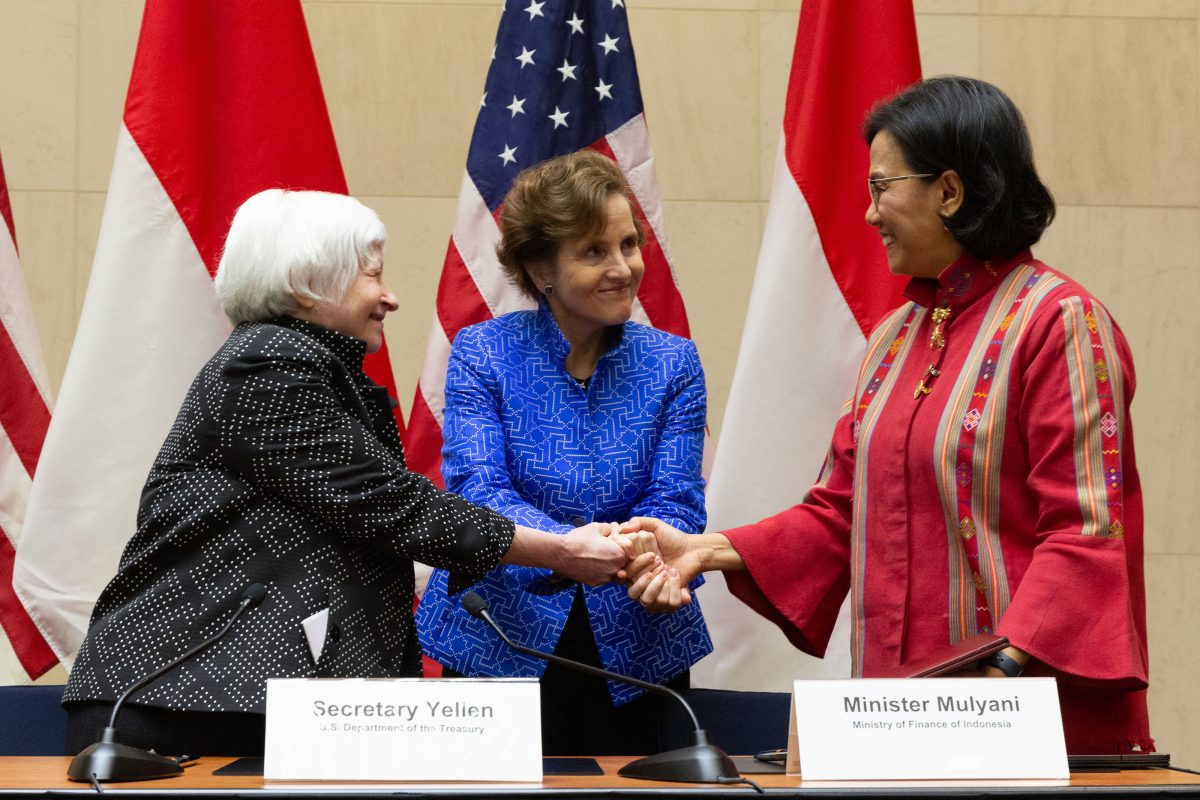Okay, folks, here’s the deal. Treasury Secretary Janet Yellen just wrapped up talks with her Indonesian counterpart, and the message coming out of the Treasury is… optimistic, to say the least. They’re patting Indonesia on the back for making “positive progress” towards opening up trade negotiations with the US. Sounds good, right?
But let’s be real. This isn’t charity. The US is actively looking to deepen cooperation with Indonesia on reciprocal trade and within multilateral institutions. Translation: America wants a stronger foothold in Southeast Asia and a partner to push its agenda on the global stage.
This is a strategic move, plain and simple. Indonesia’s growing economy and its position within ASEAN make it a key player. Yellen’s signaling that the US is serious about countering China’s influence in the region.
Let’s break down what ‘reciprocal trade’ really means:
Reciprocal trade is the engine of modern global economics. It means both countries should benefit fairly from the exchange of goods and services. It’s not just about opening up markets; it’s about ensuring equitable access and avoiding exploitative practices.
Indonesia, as a burgeoning economy, has a lot to gain from increased trade. However, it must also diligently protect its own industries and ensure that any agreements don’t compromise its long-term economic interests.
Multilateral institutions are crucial players:
Organizations like the World Bank, IMF, and WTO are pivotal in establishing global economic standards. US influence within these bodies impacts what policies get implemented, influencing everything from lending practices to trade regulations.
Indonesia’s role in these institutions is becoming increasingly significant. A strong alliance with the US could amplify Indonesia’s voice, but maintaining independence is vital.
This is a developing situation, and we all need to be paying attention. The nuances of these talks – the specifics of what “positive progress” entails – will be crucial. Don’t just take the headlines at face value.







